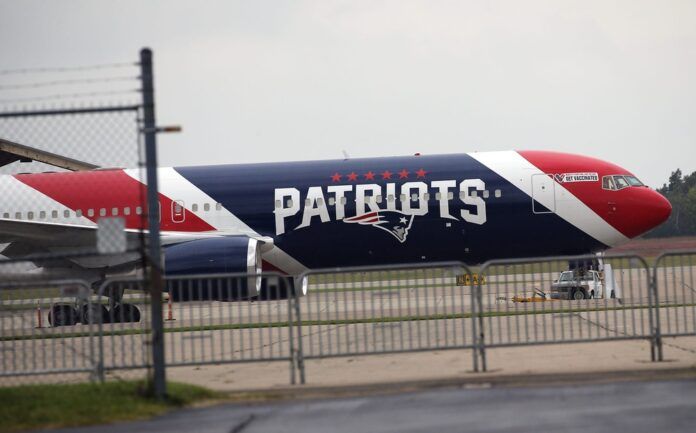Inside NFL Teams’ Travel Logistics During the Season
Travel logistics play a pivotal role in the performance and operations of NFL teams throughout the season. Behind every game, especially away games, lies a complex web of planning, scheduling, and coordination that ensures players and staff are at their optimal best. This article delves into the intricacies of managing travel for NFL teams, highlighting the elaborate process of coordinating itineraries and tackling the challenges associated with away games.
Coordinating Complex Travel Itineraries in the NFL

The task of coordinating travel itineraries for NFL teams is a colossal undertaking often managed by dedicated travel coordinators. These professionals work tirelessly to ensure that every detail is meticulously planned, from booking flights and hotels to organizing ground transportation. Given the sheer volume of personnel involved—players, coaches, medical staff, and support teams—each trip can involve coordinating travel for upwards of 100 individuals. This requires a careful balancing act, ensuring that every team member arrives on time and is accommodated comfortably.
The NFL season is a whirlwind of activity, with teams frequently traveling across the country. Travel coordinators must navigate a myriad of schedules, including weekday practices, game-day preparations, and post-game recovery. This demands precise scheduling to ensure that teams have ample time to rest, adapt to different time zones, and prepare for games. Coordinators also need to accommodate players’ dietary requirements, securing meal arrangements that cater to the athletes’ nutritional needs, whether on flights or upon arrival at their destinations.
Moreover, coordinators are tasked with anticipating and managing any potential disruptions or delays. Weather conditions, flight cancellations, or changes in scheduling can all wreak havoc on meticulously planned itineraries. As such, having contingency plans in place is crucial. Coordinators often work closely with airlines and transportation services, maintaining open lines of communication to quickly adjust plans as needed, ensuring the team experiences minimal disruption.
How Teams Tackle Logistics for Away Games

Away games pose unique logistical challenges that require detailed planning and swift problem-solving. One of the primary considerations is acclimating players to different environments, particularly when traveling across time zones. Teams often arrive several days before a game to allow players to adjust, conduct practice sessions, and familiarize themselves with the stadium facilities. This adjustment period is critical for optimal performance, as it helps players overcome fatigue and maintain their routine.
Accommodation arrangements are another significant aspect of away game logistics. Teams generally stay in carefully selected hotels that offer amenities conducive to relaxation and preparation, such as meeting rooms for strategy sessions and fitness centers for maintaining training regimens. Security is also a top priority, with teams working closely with hotel staff to ensure player safety and privacy, minimizing distractions from fans and media.
In addition to these logistical considerations, teams must also manage the transportation of essential equipment and medical supplies. An NFL team travels with a substantial amount of gear, including uniforms, training equipment, and medical kits. Ensuring that all equipment arrives on time and in good condition is critical. This task is typically handled by equipment managers, who coordinate closely with airlines and shipping companies to guarantee that every item is accounted for and ready for game day.
In the high-stakes world of the NFL, attention to detail in travel logistics is crucial. Teams invest significant resources in ensuring that every aspect of their travel is planned and executed flawlessly, understanding that even the smallest hitch can impact performance on the field. By meticulously coordinating itineraries and addressing the complexities of away game logistics, NFL teams strive to maintain their competitive edge, showcasing that success is as much about preparation off the field as it is on it.


